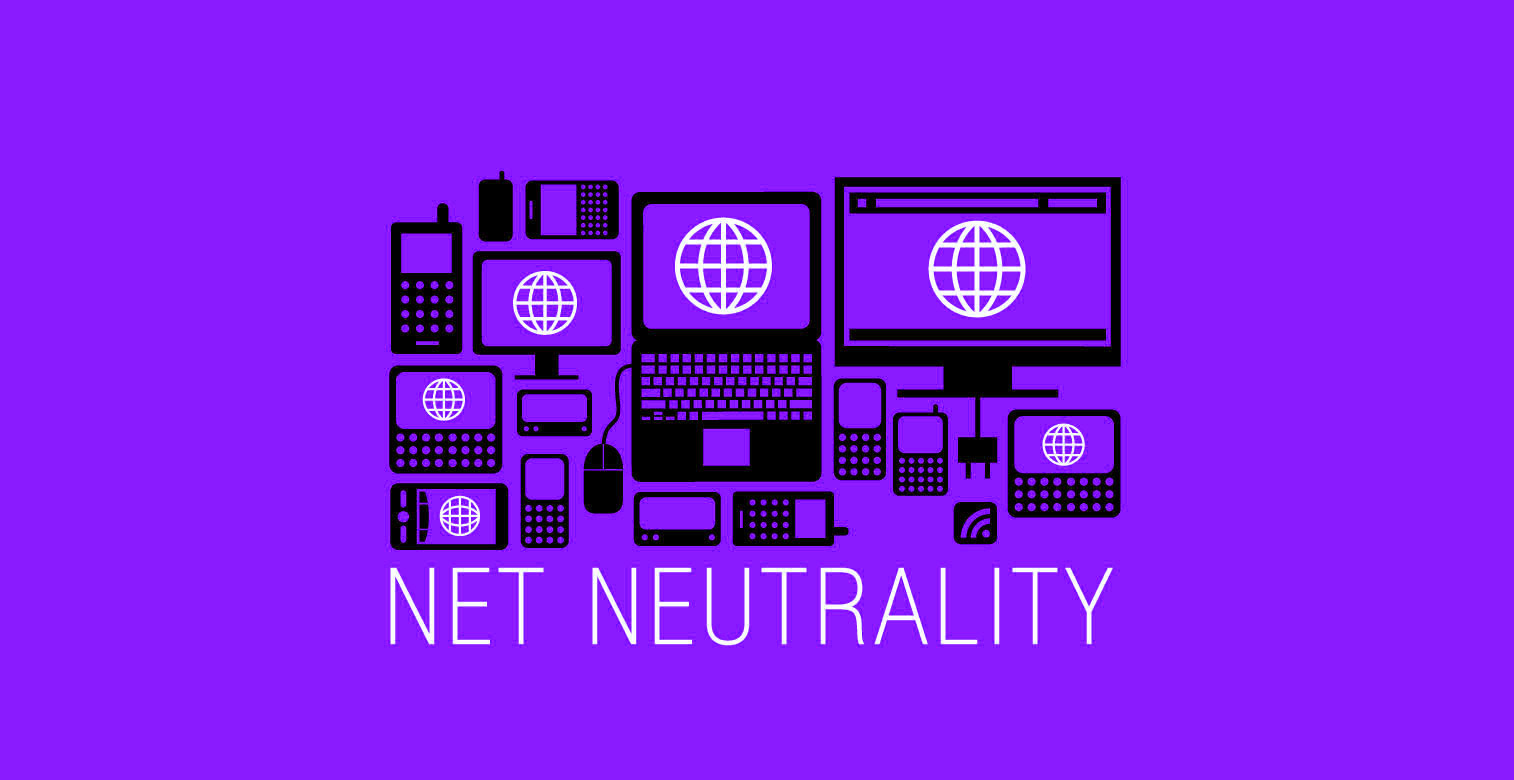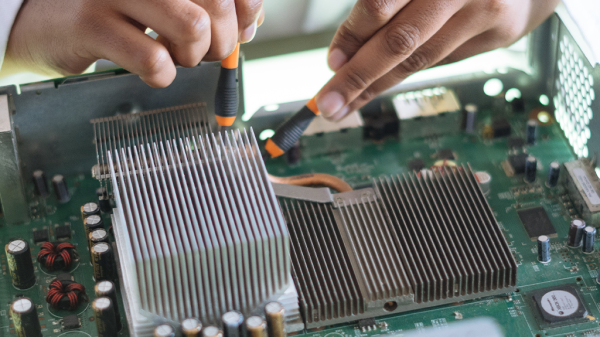
FCC Chairman Wheeler now just wants to “get it over with”
Recently, FCC Chairman Tom Wheeler, attempted to explain, or rationalize, his position regarding net neutrality. If you have missed this on-going saga, you can catch up quickly here.
Wheeler’s latest blog post outlines how he feels about net neutrality (also called, “the Open Internet”). As you read through his lengthy post, you may notice he glosses over several items. First, and perhaps most prudent, he does not acknowledge the fact that the federal appeals court dismissed previous net neutrality rules because the FCC was shortsighted in its verbiage.
![]()
The FCC did not think about categorizing Internet service providers (ISPs) as a critical part of communication infrastructure. As we previously mentioned, simply revamping the original rules and adding to them, including the reclassification of ISPs would be all they need to get back on track.
Reading between Wheeler’s lines
Wheeler writes, “I am concerned that acting in a manner that ignores the Verizon court’s guidance, or opening an entirely new approach, invites delay that could tack on multiple more years before there are Open Internet rules in place. We are asking for comment on a proposed a course of action that could result in an enforceable rule rather than continuing the debate over our legal authority that has so far produced nothing of permanence for the Internet.”
He seems to be saying that he is content to let telecom companies like Verizon win (by using their language and accepting it as the gospel), as long as it allows him to “get this net neutrality thing over with.” Given his background in telecommunications, as former CEO of the Cellular Telecommunications & Internet Association, one might assume he would have an idea on how to set these binding regulations without relying on previous court case language. He also states he will not hesitate to reclassify infrastructures if it process to be necessary, which begs the question: why not do it now?
To further insult consumers’ intelligence, he breaks down the ways in which he feels “we” are overreacting to potential policy changes, regarding “fast lanes.” He states, “something that harms consumers is not commercially reasonable. For instance, degrading service in order to create a new ‘fast lane’ would be shut down.” This sounds good when you first read it, but it does not address other issues. Perhaps service will not be “degraded” merely left “unimproved.” They could simply offer special rates for improved services and anyone who uses it frequently will want the improved services.
Failing to address the elephant in the room
Next, “something that harms competition is not commercially reasonable. For instance, degrading overall service so as to force consumers and content companies to a higher priced tier would be shut down.” Wheeler seems to think the only “harm” that can be done is for services to be degraded; he does not address the fact that a failure to improve service is in fact a de facto degradation.
He also states, “Providing exclusive, prioritized service to an affiliate is not commercially reasonable. For instance, a broadband provider that also owns a sports network should not be able to give a commercial advantage to that network over another competitive sports network wishing to reach viewers over the Internet.”
Breaking down the facts
Again, I turn to the Consumerist’s Chris Morran for the perfect example, “this doesn’t seem to require the ISP to provide the same level of service or access; merely that it not make that better service exclusive. So if Cable Company X (which is also an ISP) owns an online sports channel that it gives priority access to, Company X need only offer priority access to competing networks; it doesn’t say Company X can’t charge a premium fee for that access.”
And finally, “Something that curbs the free exercise of speech and civic engagement is not commercially reasonable. For instance, if the creators of new Internet content or services had to seek permission from ISPs or pay special fees to be seen online such action should be shut down.” No kidding? You are not going to allow ISPs to engage in illegally activity? This is simply restating previous basic definitions of net neutrality: ISPs cannot block content.
So what’s next?
Since Wheeler repeatedly makes statements regarding the possibility of “reclassifying” ISPs if necessary, it makes you wonder if he is indeed concerned at all about net neutrality, or if he would rather just “get this over with.”
We will continue to update as more news of net neutrality becomes available and remember: the commission is scheduled to vote on the proposal on May 15, 2014. Then, they will accept feedback from the pubic. So be ready to voice yours.
Jennifer Walpole is a Senior Staff Writer at The American Genius and holds a Master's degree in English from the University of Oklahoma. She is a science fiction fanatic and enjoys writing way more than she should. She dreams of being a screenwriter and seeing her work on the big screen in Hollywood one day.










































